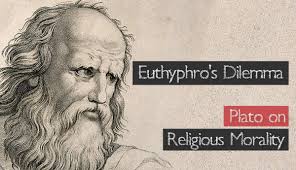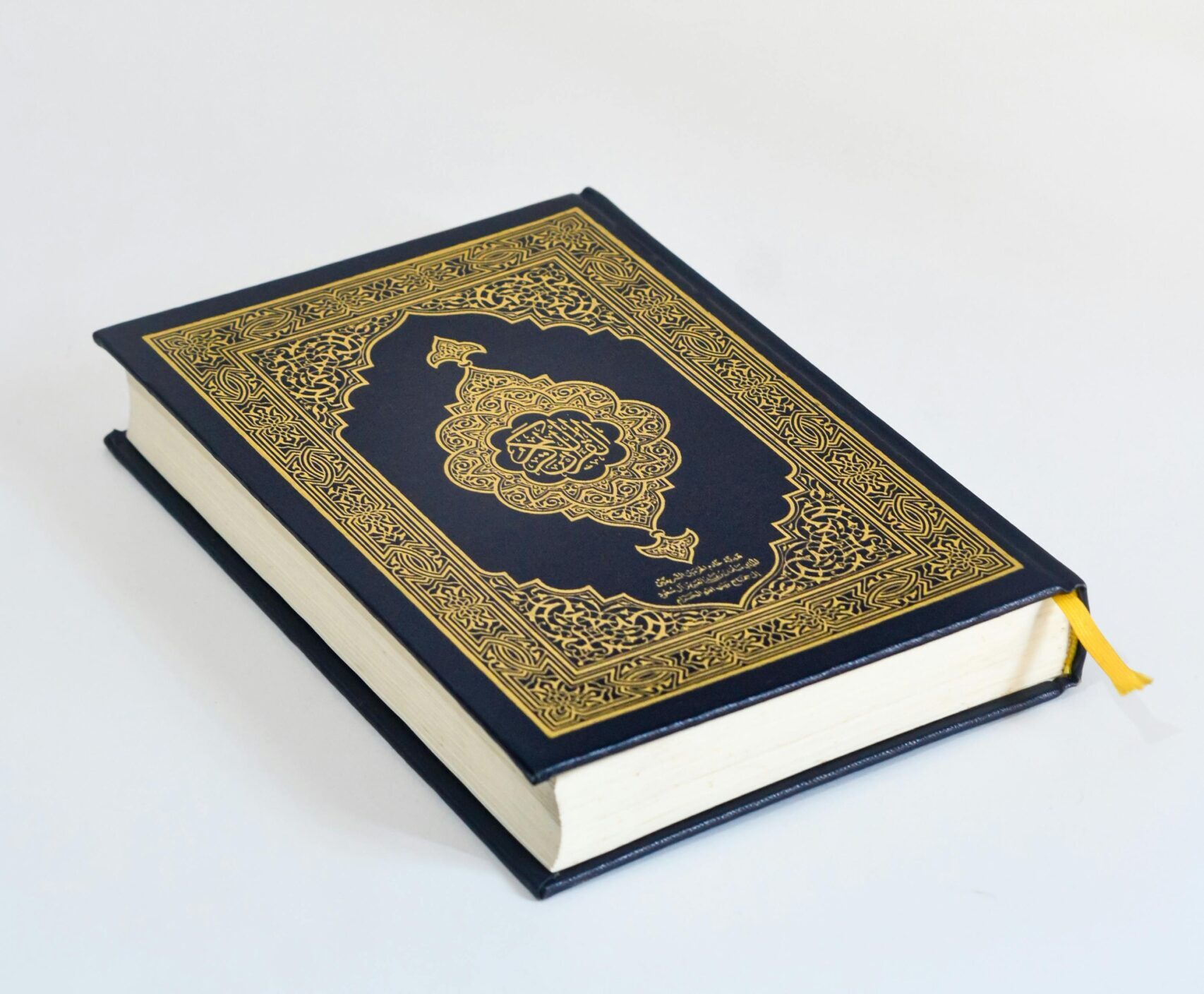I have a question from a non-Muslim about prophets being sinless. I told him prophets didn’t sin. He found a hadith that says Adam committed a sin. The hadith is:
“Abu Huraira reported that God’s messenger told of Adam and Moses holding a disputation in their Lord’s presence and of Adam getting the better of Moses in argument. Moses said, “You are Adam whom God created with His hand, into whom He breathed of His spirit, to whom He made the angels do obeisance, and whom He caused to dwell in His garden; then because of your mistake you caused mankind to come down to the earth.” Adam replied, “And you are Moses whom God chose to deliver His messages and to address, to whom He gave the tablets on which everything was explained, and whom He brought near as a confidant. How long before I was created did you find that God has written the Torah?” Moses said, “Forty years.” Adam asked, “Did you find in it, ‘And Adam disobeyed his Lord and erred’?” On being told that he did, he said, “Do you then blame me for doing a deed which God had decreed that I should do forty years before He created me?” God’s messenger said, “So Adam got the better of Moses in argument.” (Muslim)
Can you explain so I can explain to him?
Answer:
﷽
All the prophets of Allah Ta’ala are protected from committing sins according to the consensus of Muslim scholars based on overwhelming textual and logical evidence. This protection from sin is what Muslim theologians have termed:“’Ismah.” What this entails is that while the prophets have the physical ability to sin, e.g., hands to steal, their pure spirit, character, and divine help from Allah Ta’ala deter them from such actions.
This ‘Ismah (protection from sin) covers kufr (disbelief in Allah Ta’ala), lying, and major and minor sins, and this applies to them before and after their prophethood. The wisdom behind this is that if they were able to commit such actions, it would allow the disbelievers to use the actions of the prophet himself as proof against him. Furthermore, major sins diminish the integrity of one’s character, which would become a deterrent for accepting the prophet as a role model and leader and would further imply he does not fear Allah Ta’ala.
What is important to note is the distinction between a sin and a mistake/error. A mistake/error is that which is committed unintentionally, forgetfully, or without knowledge. A sin is that which is committed intentionally, knowingly, and with knowledge. The prophets are human beings, and all human beings make mistakes/errors but these mistakes/errors occur according to the will of Allah Ta’ala. These occur for the sole purpose of teaching the people. Examples of this can be found in several places in the Qur’an and in the life of the Holy Prophet (s.a.w.). Rasulullah (s.a.w.) himself explains this in a narration, “إنما أنسى لأسن” (“I am made to forget (by Allah Ta’ala) so that I may teach the correct way.”) (Malik). In any case, if any text explicitly mentions a mistake/error of a prophet, then that text must be understood while maintaining full respect for the prophet. We are not to judge our prophets, look down on them, or blow their mistake/error out of proportion.
In the aforementioned hadith regarding the conversation between Musa (a.s.) and Adam (a.s.), when we consider the context behind the incident, we understand that Adam (a.s.) did not sin. Adam (a.s.) in a daze of allurement to the fruit, forgot the commandment of Allah Ta’ala. This can be understood from the verse فنسي ولم نجد له عزما”” (“Then he forgot, and We did not find in him resolve (to forget.)”). An action done out of forgetfulness of its prohibition is not considered a sin. On the other hand, intentionally or carelessly forgetting a prohibition can amount to a sin. That is why Allah Ta’ala clarifies that Adam (a.s.) honestly forgot, not intentionally.
In the narration, Musa (a.s.) called Adam’s (a.s.) action what it was: a mistake. On the other hand, in the verse that Adam (a.s.) used, “And Adam disobeyed his Lord and erred,” Allah c termed his action “disobedience” but removed the possibility of it being a sin by following it with: “and erred.” Thus, neither the narration itself nor the verse mentioned therein mention any sin on the part of Adam (a.s).
To summarize, the way of Allah Ta’ala is that He chooses exemplary human beings to become the vessels of His Word. All the prophets were of impeccable character before and after their first revelation. They were protected from anything that might tarnish their character or cause doubt on the validity of their message, which includes protection from all forms of disbelief, lying, and major and minor sins.
Answered by Mawlana Hammad Rahman and Mawlana Ahaz B. Atif
Checked by Mawlana Asadullah Khan
Project Ihya Questions Department
Disclaimer: Project Ihya Q&A is not a fatwa-issuing body. Please only submit questions pertaining to defending or explaining the theology, core principles, texts, morals, and worldview of Ahlus Sunnah wal Jama‘ah. For fatwas or fiqh-related matters, please contact your local muftis and fatwa-issuing bodies. JazakaAllah.





